Bayburt
WELCOME TO Bayburt
Province Overview
Bayburt
3,652 km2
84,137
Turkish

Popular
Geography and Tourist Attractions
Information about the province's tourist attractions, including popular destinations, events, and activities.
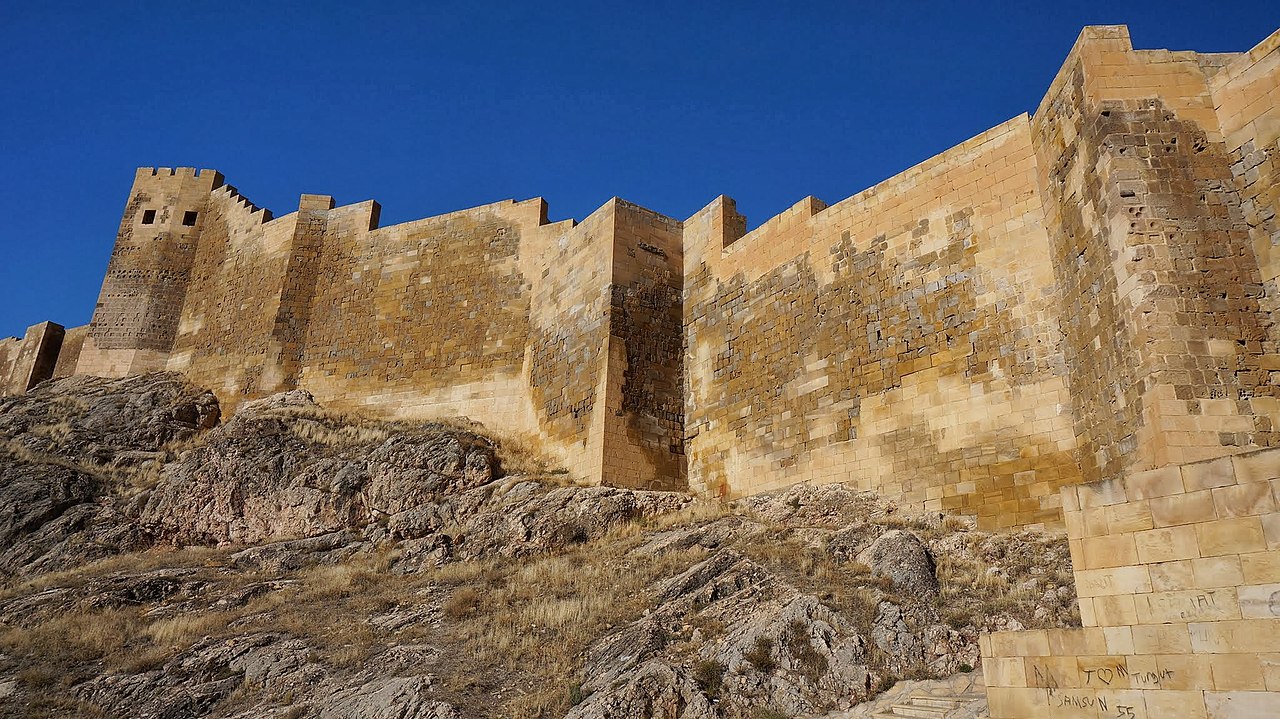
Bayburt Castle
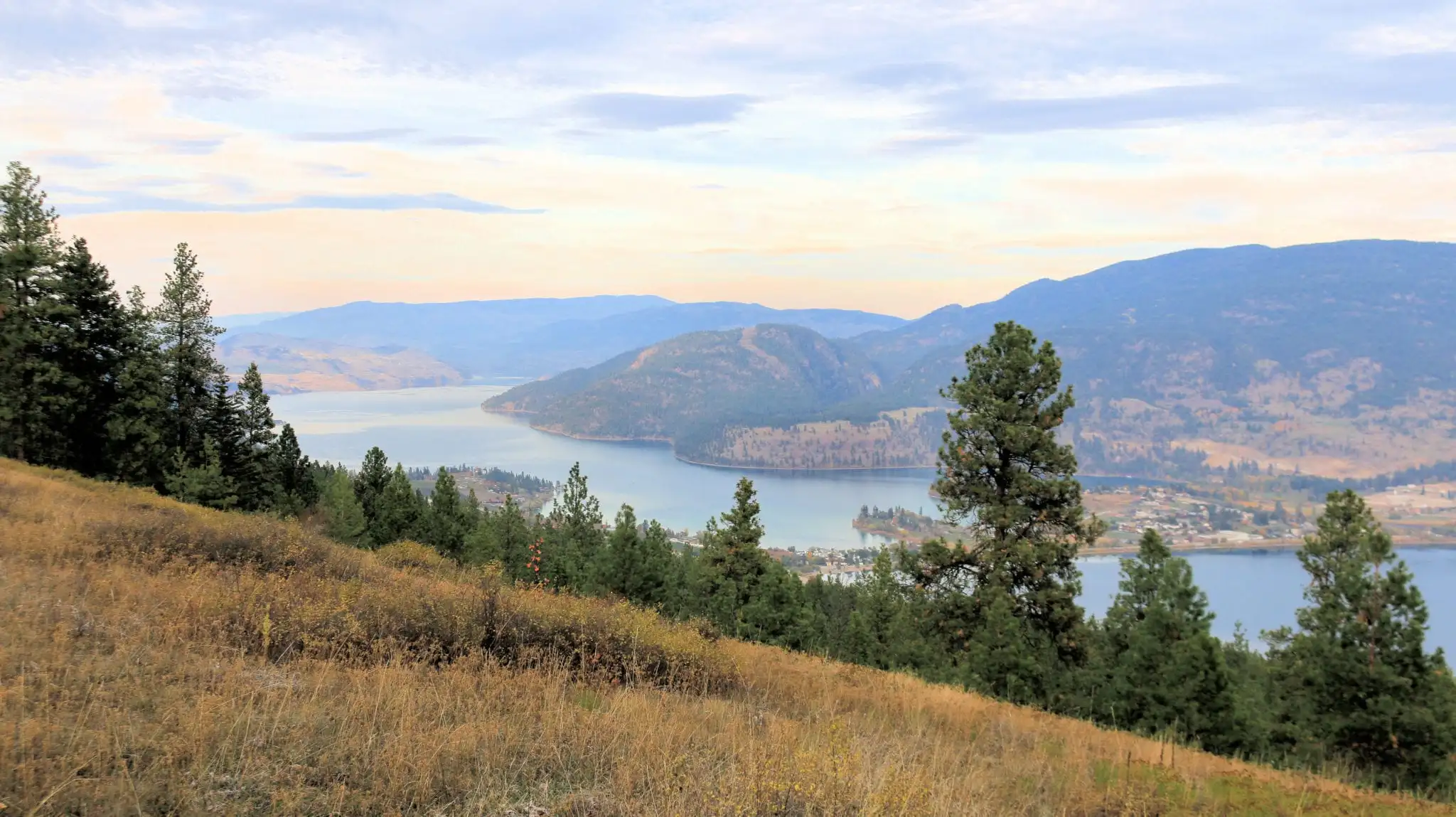
Kop Mountain National Park
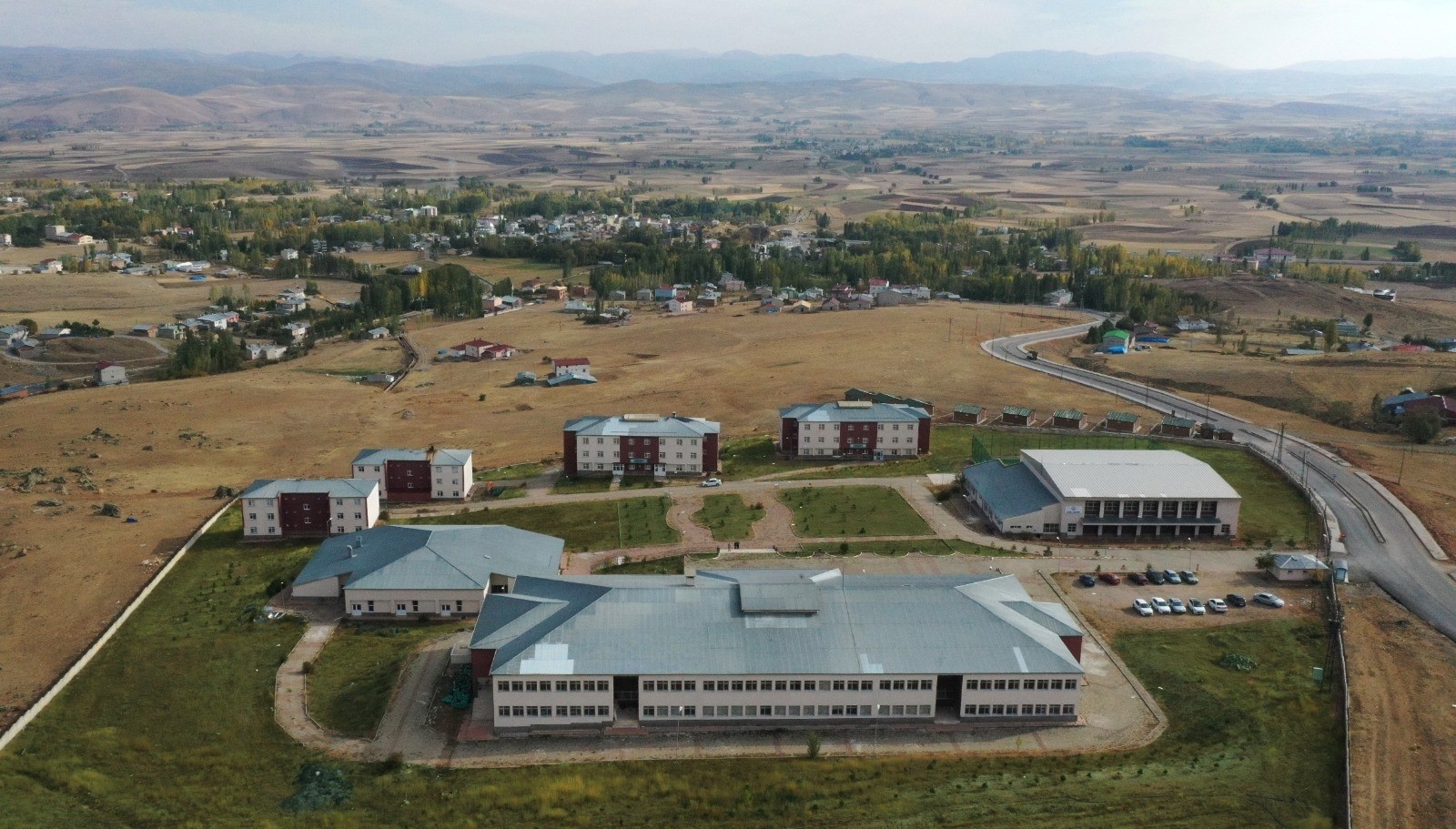
Aydıntepe
Political
Economy and Government
The economy of Bayburt, a province in Turkey, is primarily driven by agriculture, livestock farming, and small-scale industries. The fertile lands support the cultivation of various crops such as wheat, barley, potatoes, and fruits. Livestock farming, including cattle and sheep breeding, is also significant in the region. These agricultural activities contribute to the local economy and provide livelihood opportunities for the residents.
In recent years, efforts have been made to diversify the economy of Bayburt by promoting tourism and attracting investment in sectors such as energy, mining, and manufacturing. The natural beauty of the province, including its mountains, forests, and historical sites, has the potential to attract tourists and boost the tourism industry.
In terms of governance, Bayburt is administered by a provincial governor appointed by the central government. The governor oversees the implementation of government policies and represents the state in the province. The province also has a local government structure that includes a provincial council and municipalities responsible for managing public services, infrastructure development, and local governance.
The government, in collaboration with local authorities and community organizations, strives to improve the standard of living, promote economic growth, and enhance the overall well-being of the residents of Bayburt.
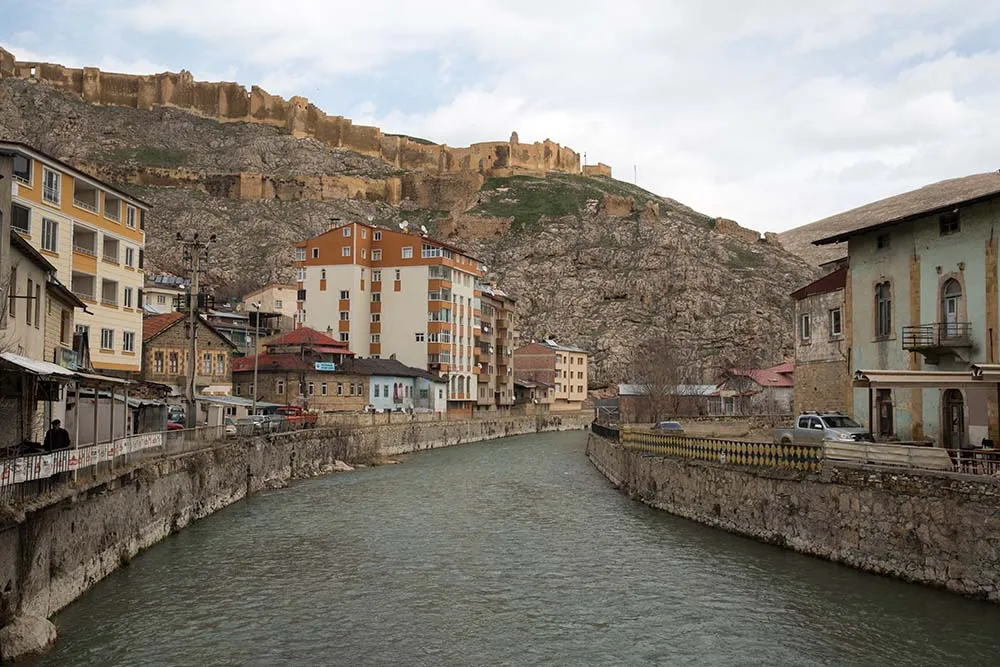
History
History and Culture
The province of Bayburt in Turkey has a rich history and vibrant culture that reflects its diverse influences. Throughout the centuries, Bayburt has been home to various civilizations, including the Urartians, Persians, Romans, Byzantines, Seljuks, and Ottomans.
The region is dotted with historical sites that bear witness to its storied past. Bayburt Castle, a magnificent fortress, stands as a testament to its strategic importance. Other notable landmarks include ancient bridges, mosques, and Ottoman-era houses found in towns like Aydıntepe.
Bayburt's cultural heritage is deeply rooted in Anatolian traditions. The province is renowned for its folk dances, music, and handicrafts. Local artisans excel in copper work, carpet weaving, and embroidery, showcasing their skills through intricate designs and patterns.
The cuisine of Bayburt is a delightful reflection of its history and geographical location. Traditional dishes feature hearty flavors and utilize local ingredients such as meat, dairy products, and grains. Popular specialties include Bayburt kebab, gözleme (stuffed flatbread), and various dairy-based desserts.
Festivals and celebrations play an essential role in Bayburt's cultural fabric. The Bayburt Culture and Art Festival brings together locals and visitors to experience traditional music, dance performances, and culinary delights.
Preserving and promoting Bayburt's history and culture are key priorities, ensuring that future generations can appreciate and embrace the province's rich heritage.
HOTELS
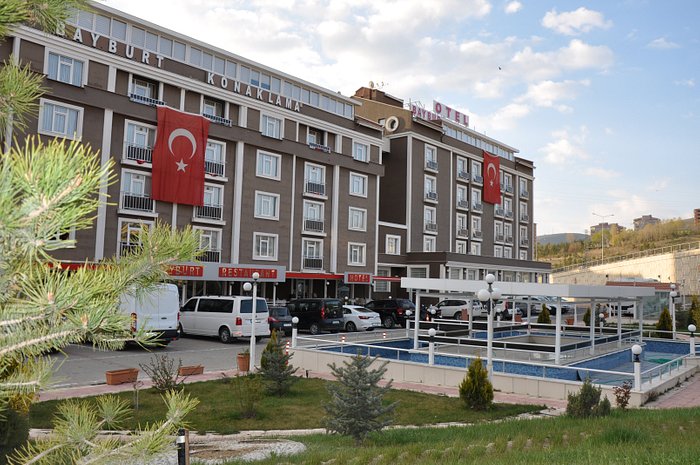
Bayburt Konaklama Hotel

Bayburt City Hotel

Bayburt Burç Hotel
RESTAURANTS
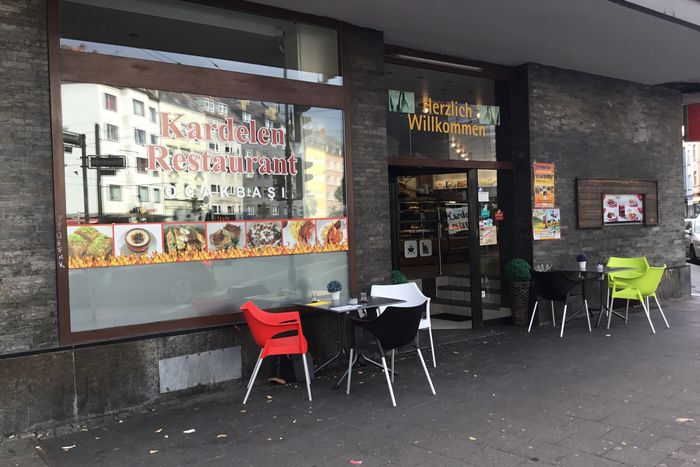
Kardelen Restaurant

Bayburt Kebap Salonu

